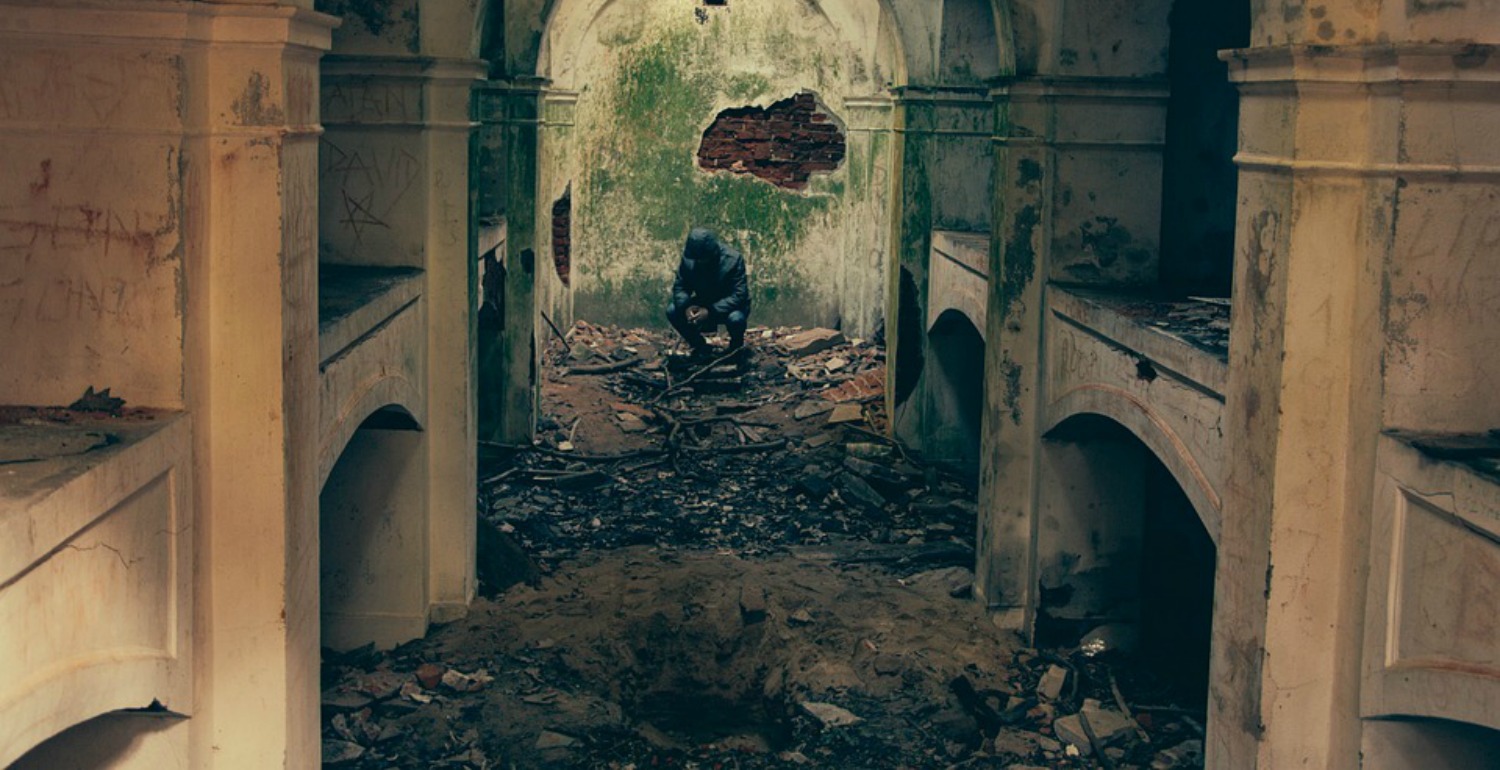This hearing focused on ISIL and their wave of violence that has swept brutally through northern Iraq and across Syria- many of those who took part in the offensive were foreign fighters. The hearing looked into the Nations Security Council recent estimation that at least 25,000 foreign terrorist fighters from more than 100 countries have joined ranks with this brutal terrorist organization. The hearing explores key economic and social factors to determine what may be incentivising international fighters to join such a brutal group. Also the Commissioners and witness examined measures in which the U.S. government and OSCE member states can take to contain ISIL, including counteracting radicalization of potential foreign fighters, inhibiting the travel of recruits and volunteers to the Middle East, disrupting financial support to fighters and their families and preventing their return to their home countries.
Members
Hon. Joe Pitts
Commissioner
Commission on Security and Cooperation in Europe
Hon. Steve Cohen
Commissioner
Commission on Security and Cooperation in Europe
Hon. Randy Hultgren
Commissioner
Commission on Security and Cooperation in Europe
Relevant Countries
Leadership
Georgian Dream’s Escalating Crackdown on Dissent
Feb 11, 2026Since October 2024, Georgian Dream, Georgia’s ruling party, has plunged the country into its worst human rights crisis since independence. They have passed more than 20 new laws that expand […]

Helsinki Commission Advances Human Rights, Demands f...
Oct 19, 2023By Shannon Simrell, Senior Policy Advisor Between October 2-13, 11 Helsinki Commission staff joined approximately 1,400 representatives of OSCE participating States (pS) and civil society representatives in Warsaw, Poland in […]

Supporting A Democratic and Secure Moldova
Jul 12, 2023In recent years, Moldova has made notable steps to improve its democratic institutions and combat corruption. President Maia Sandu and her Party of Action and Solidarity (PAS) have spearheaded wide-ranging […]
Hearing: Supporting a Democratic and Secure Moldova
Jul 06, 2023Wednesday, July 12, 2023 2:00 pm Cannon House Office Building, Room 210 Live stream: https://www.youtube.com/watch?v=jm-R6rfQbCo In recent years, Moldova has enacted numerous reforms under current Moldovan President Maia Sandu to […]
Helsinki Commission Announces Hearing on Crowdsourci...
Dec 07, 2022WATCH LIVE […]
Helsinki Commission Alarmed By Reported Transport of...
Sep 02, 2022WASHINGTON—Following reports that the Sparta II, a Russian cargo ship, transported S-300 missile systems through the Turkish Straits, Helsinki Commission Chairman Sen. Ben Cardin (MD), Co-Chairman Rep. Steve Cohen (TN-09), Ranking […]
Helsinki Commission Delegation Convenes Historic Bla...
Jul 14, 2022WASHINGTON—From June 29 – July 9, Helsinki Commission Ranking Member Sen. Roger Wicker (MS) led a bipartisan, bicameral congressional delegation to Romania, the United Kingdom, Finland, and Sweden to consult […]
Helsinki Commission Hearing to Examine Ways to Count...
Mar 30, 2022WASHINGTON—The Commission on Security and Cooperation in Europe, also known as the Helsinki Commission, today announced the following hearing: COUNTERING OLIGARCHS, ENABLERS, AND LAWFARE Wednesday, April 6, 2022 2:30 p.m. […]

Conflict of Interest?
Feb 16, 2022Turkey is at a crossroads. Even as the Turkish Government insists that it remains committed to its NATO partners and to future EU integration, its actions—both foreign and domestic—call those […]
Helsinki Commission Briefing to Examine Intersection...
Feb 10, 2022WASHINGTON—The Commission on Security and Cooperation in Europe, also known as the Helsinki Commission, today announced the following online briefing: CONFLICT OF INTEREST? Foreign Policy and Human Rights in Turkey […]
Helsinki Commission Marks One-Year Anniversary of Na...
Jan 14, 2022WASHINGTON—Ahead of the one-year anniversary of Alexei Navalny’s arrest on January 17, Helsinki Commission Chairman Sen. Ben Cardin (MD), Co-Chairman Rep. Steve Cohen (TN-09), Ranking Member Sen. Roger Wicker (MS), […]

Helsinki Commission Cautions Russia Against Dissolvi...
Dec 21, 2021WASHINGTON—As the latest court proceedings conclude for Russian human rights group Memorial International, U.S. Helsinki Commission Chairman Sen. Ben Cardin (MD), Co-Chairman Rep. Steve Cohen (TN-09), Ranking Member Sen. Roger Wicker […]


